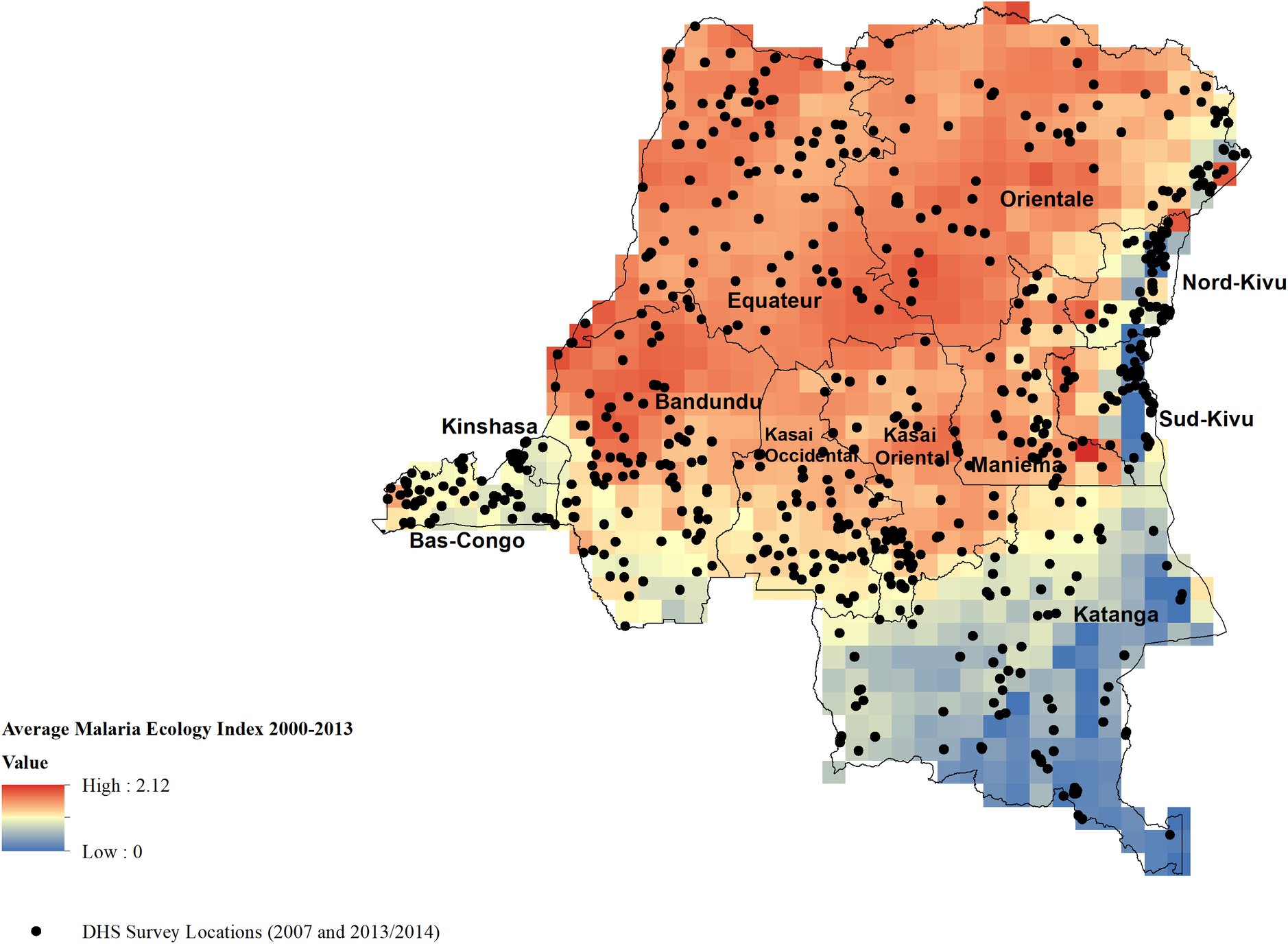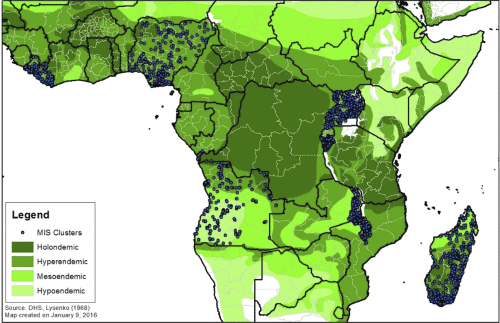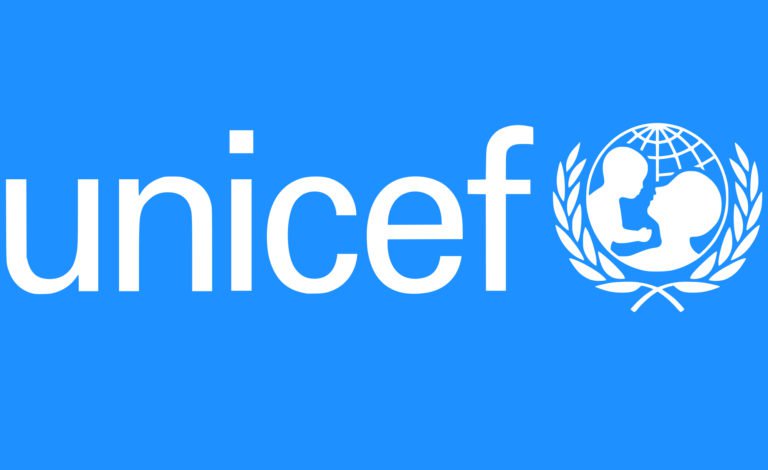Major progress has been made in improving the health of millions of people, increasing life expectancy, reducing maternal and child mortality and fighting against leading communicable diseases. However, progress has stalled or is not happening fast enough with regard to addressing major diseases, such as malaria and tuberculosis, while at least half the global population does not have access to essential health services and many of those who do suffer undue financial hardship, potentially pushing them into extreme poverty. Concerted efforts are required to achieve universal health coverage and sustainable financing for health, to address the growing burden of non-communicable diseases, including mental health, and to tackle antimicrobial resistance and determinants of health such as air pollution and inadequate water and sanitation.
This paper documents the effect of primary forest cover loss on increased incidence of malaria. Back of the envelope calculations indicate that the morbidity-related malaria-reducing local benefits of primary forests…
Providing long-lasting insecticidal nets led to a 41% decline in under-5 mortality risk among children living in rural areas with higher than average malaria burden. Targeting bednets to areas with…

Maxime Niyomwungeri
This study was designed to ‘benchmark’ a major USAID-funded child malnutrition program against what would have occurred if the cost of the program had simply been disbursed directly to people…
Waterborne diseases are the leading cause of mortality in developing countries. This paper emphasizes a previously ignored cause of diarrhea - upstream river bathing. Using newly constructed data on upstream-downstream…
In a review of economic arguments for cigarette taxation this paper finds that increases in tobacco excise tax can result in substantial smoking cessation particularly among people on low incomes.…
Climate variability and change are issues of growing public health importance. We analyzed hospitalization data for three unique climate regions of San Diego County alongside temperature data spanning 14 years.…
Many researchers around the world are working to apply gene editing technologies with the hope of safely and effectively engineering populations of insects and other pest arthropods in the wild…
Researchers developed a Malaria Ecology Index using climatological and ecological data and found strong associations between malaria ecology and malaria testing data. Using both insecticide-treated nets or indoor residual spraying…
The Policy Design and Evaluation Lab (PDEL) is an international focal point for rigorous empirical research on the interplay of public policy, technology, and economic development. PDEL combines advanced social…
Integrating HIV and nutrition programming leads to a positive impact on health outcomes. A small-scale pilot program that integrated HIV and nutrition service delivery, Malawi’s program had a cost-effectiveness of…











